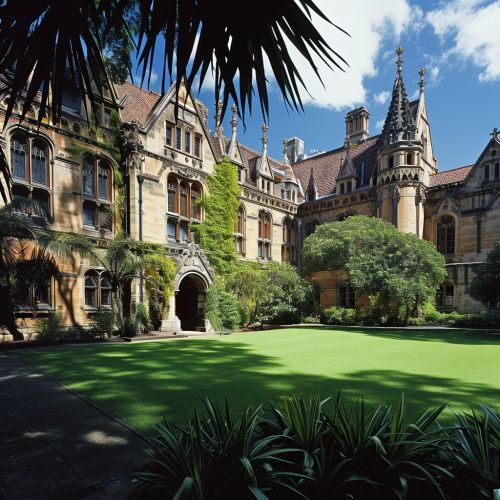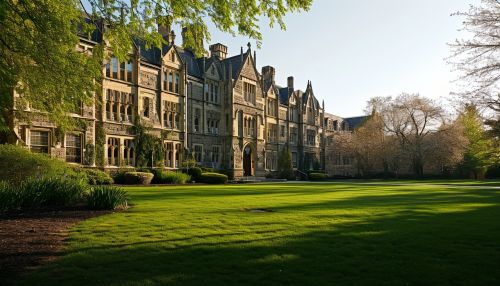Barry Marshall
Early Life and Education
Barry James Marshall was born on 30 September 1951 in Kalgoorlie, Western Australia. He spent his early years in Kalgoorlie and later moved to Perth where he completed his high school education at Newman College. He developed an interest in medicine and science at a young age, which led him to pursue a career in the medical field.
Marshall enrolled at the University of Western Australia in 1969, where he studied medicine. During his time at the university, he was exposed to various areas of medical research, which sparked his interest in gastroenterology, the study of the digestive system and its disorders.


Medical Career and Research
After graduating from the University of Western Australia in 1974, Marshall began his medical career as a resident at the Royal Perth Hospital. During this time, he worked under the guidance of Dr. Robin Warren, a pathologist at the hospital. In 1981, they began their collaborative research on the bacterium Helicobacter pylori and its role in peptic ulcers.
Marshall and Warren's research challenged the prevailing medical doctrine of the time, which attributed peptic ulcers to stress and lifestyle factors. Their work suggested that the bacterium Helicobacter pylori was the primary cause of peptic ulcers, a theory that was initially met with skepticism by the medical community.
In a bold move to prove their theory, Marshall ingested a culture of Helicobacter pylori, developing gastritis, a precursor to an ulcer. This self-experimentation provided further evidence to support their theory and played a significant role in gaining acceptance within the medical community.
Recognition and Awards
Marshall's groundbreaking research with Warren on Helicobacter pylori and peptic ulcers has earned them numerous accolades and awards. In 2005, they were awarded the Nobel Prize in Physiology or Medicine for their discovery of "the bacterium Helicobacter pylori and its role in gastritis and peptic ulcer disease". This recognition marked a significant milestone in Marshall's career and underscored the impact of their research on the field of gastroenterology.
In addition to the Nobel Prize, Marshall has received several other prestigious awards, including the Warren Alpert Foundation Prize and the Prince Mahidol Award for his contributions to medical science.
Current Work and Contributions
Today, Marshall continues his work in the field of gastroenterology, focusing on the role of Helicobacter pylori in various diseases. His research has expanded to include the study of other Helicobacter species and their potential role in diseases such as colorectal cancer.
Marshall's work has significantly impacted the treatment of peptic ulcers, leading to the development of antibiotic therapies that can cure the disease. His research has also influenced the understanding and treatment of other gastrointestinal disorders, making a significant contribution to the field of gastroenterology.
